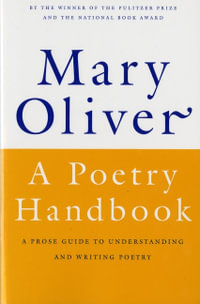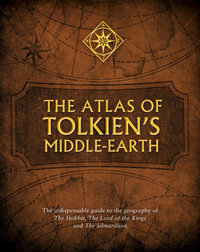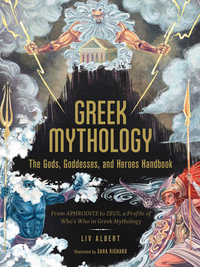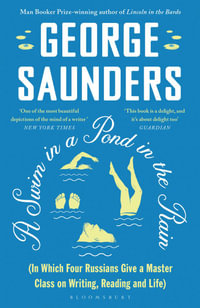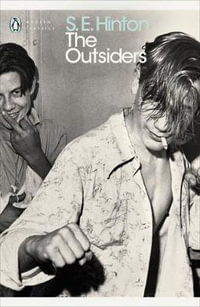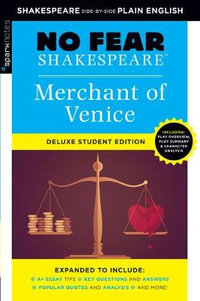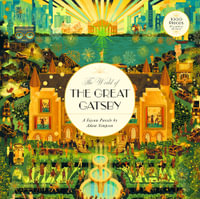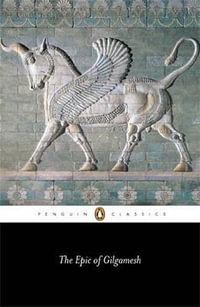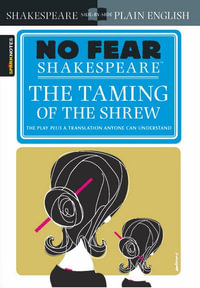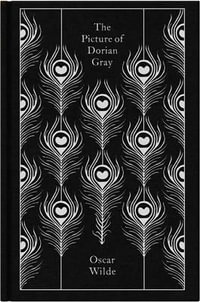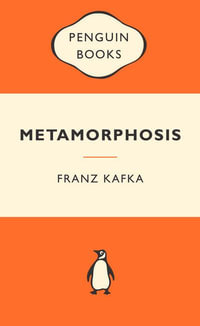The first English translation of the essays, lectures, and other critical writings of the celebrated Austrian poet, novelist, and public intellectual, one of the most influential postwar writers in German.
The Austrian Ingeborg Bachmann (1926-1973) is one of the most important postwar writers in German. Her work is enmeshed with the intellectual and cultural developments of the period: she was influenced by European modernism in the early 1950s, experienced the sweeping changes of the 60s, and worked until her death in 1973 on her celebrated and sprawling "Todesarten" (Ways of Death) project, on the decades following National Socialism. Her poetry and prose confront what she called "the sickness of our time" the subtle connection between patriarchal society, catastrophic history in the form of National Socialism, and the subjugation of the Other. Even during her lifetime, Bachmann achieved a prominent position in postwar German-language literature. Interest in her literary output increased sharply in the early 1980s with the publication of the first edition of her works, and has been growing steadily ever since.
Bachmann's impact on German literature is comparable to that of Virginia Woolf on English literature. Just as an appreciation of Woolf's poetic oeuvre, and that of other women writers, is impossible without reference to "A Room of One's Own," the critical writings of Bachmann enhance our awareness of not only her own works, but also those of many other writers, philosophers, and artists. As the only translation of Bachmann's essays, lectures, speeches, and theoretical texts into English, The Critical Writings will be a valuable tool for students of Comparative Literature and German literature and cultural studies.
Industry Reviews
Though best known today for her poems and novels, Bachmann was a serious student of philosophy, an incisive essayist, and an influential commentator on Europe's postwar intellectual and artistic scene. [This] new volume of her critical writings . . . makes this other dimension of her work available to readers in English for the first time. . . . [T]hough Bachmann felt language to be an obstacle to the full expression of being, only when immersed in it does she feel herself. Achberger and Solibakke help us to see behind this self-imposed curtain. . . . The Critical Writings remind us that Bachmann's utopian pursuit, though cut short, aimed for so much more - and that amid the collapse of proofs in our own day, the salvo of the future remains ours to write. -- Peter Filkins * The Boston Review *



